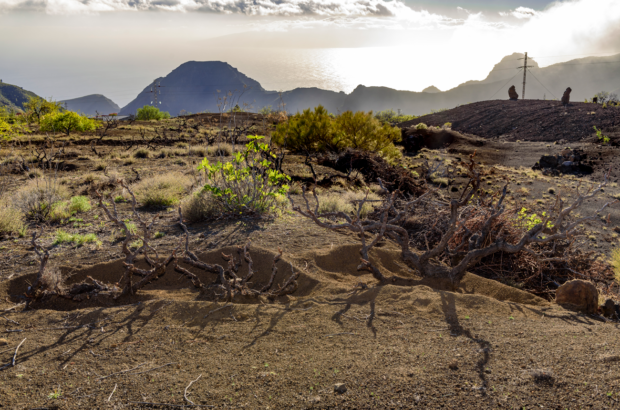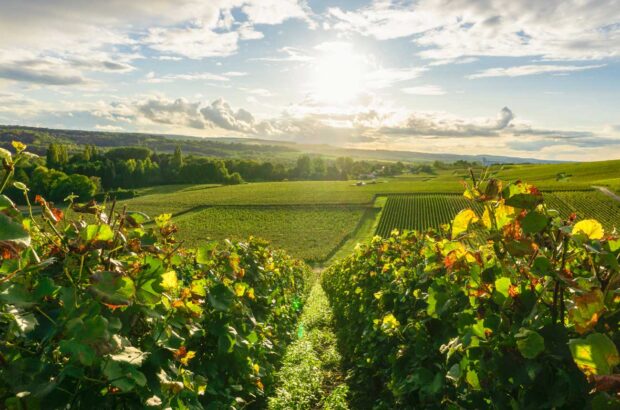Sauvignon Blanc could ‘kill’ the New Zealand wine industry, a new study says.
International consultants Deloitte have analysed the potential for the wine sector to commoditise Sauvignon Blanc, in light of the success Marlborough has had with this varietal. Their report concludes that a mass production strategy cannot be replicated by the vast majority of wineries across the country.
Reacting to the report, David Ridley, general manager of Moet Hennessy told the New Zealand Herald, ‘If we go blindly after the golden goose we could be killed in its collapse.’ Moet Hennessy owns the renowned Sauvignon Blanc-based brand Cloudy Bay.
The Deloitte study indicates that producers of less than 200,000 litres a year – 89% of the industry – are stymied by high capital costs, and either are unprofitable or losing money. They cannot afford to grow large enough to compete with the contract growers who supply Sauvignon Blanc on a large scale.
The report underscores the predicament of producers who seek to compete on a global scale without knowing the realities of an increasingly cut-throat market.
‘The more your volume increases, the more you compromise your prices,’ said Ridley, referring to the experience of Australian producers as an object lesson.
Ridley worked in Australia and saw the industry’s increasing attention to volume come at the expense of value. He warns that New Zealand is on a similar track, citing the drop in prices for brands like Montana Sauvignon Blanc, which has gone from NZ$10 (£3.55) to NZ$8.99 (£3.19) over the past couple of years.
Many New Zealand producers feel the global appetite for Sauvignon Blanc may be short-lived, and that they should focus collectively on developing alternatives.
Written by Maggie Rosen






